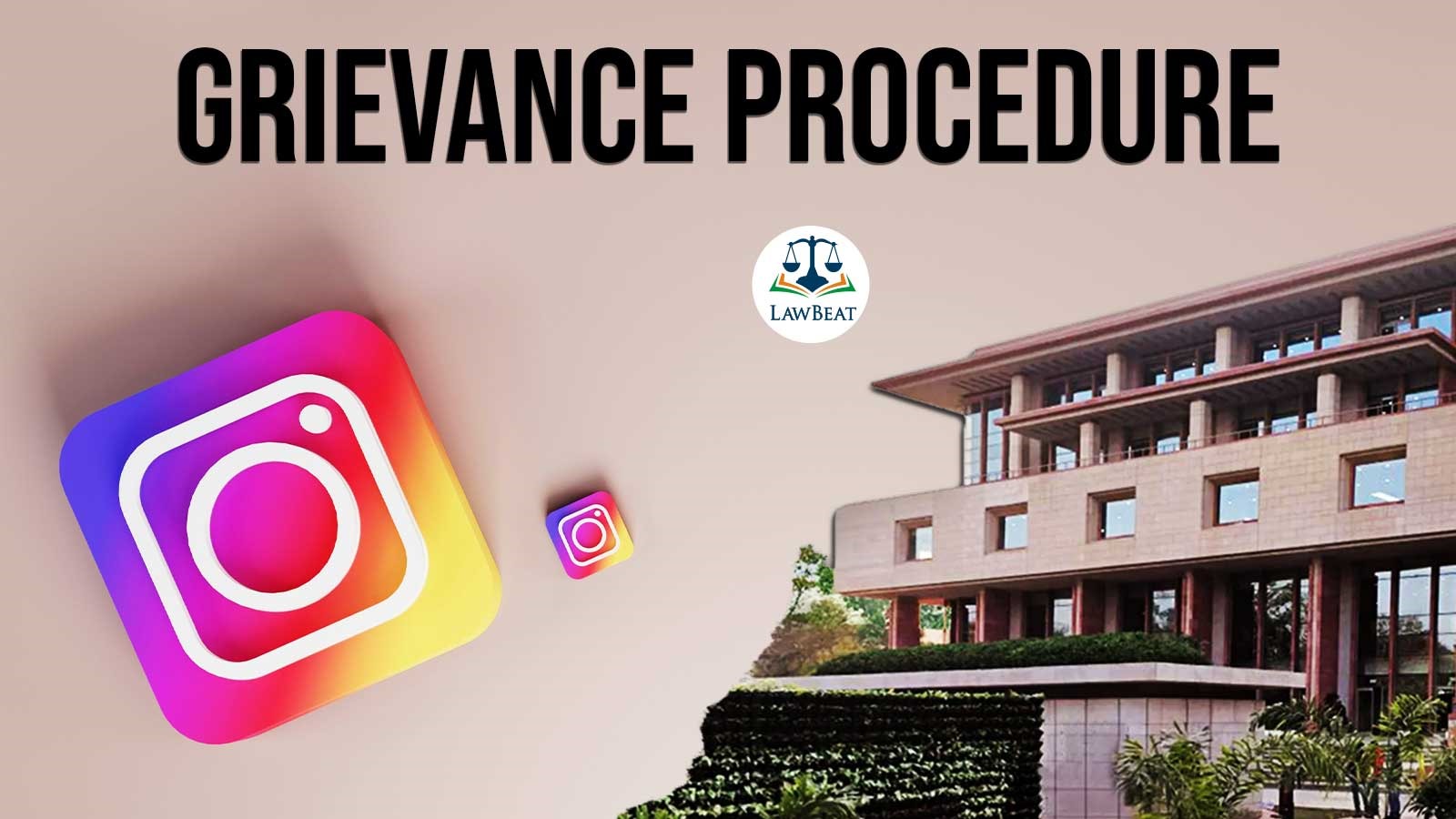Delhi High Court Rebukes Instagram For Poor Grievance Redressal System

The court further criticized Meta for implementing a complex redressal process that bewilders complainants. It queried Meta regarding the creation of multiple intermediaries, which only serve to perplex users, instead of adopting a straightforward approach
The Delhi High Court, on Tuesday, rebuked Meta-owned Instagram for its inadequate grievance redressal system. The court cautioned the platform to promptly rectify its operations in compliance with the Information Technology Rules or face potential judicial reproach.
The bench of Acting Chief Justice Manmohan and Justice Manmeet PS Arora listed the matter for May 7.
This admonishment came about during a case brought forward by TV Today. TV Today had approached the High Court after the Harper's Bazaar India Instagram page (@bazaarindia) was blocked due to a third-party complaint alleging copyright infringement. This prompted TV Today to challenge the constitutional validity of Rule 3 of the Rules, 2021.
TV Today, represented by Advocate Hrishikesh Baruah, argued that Rule 3 (1)(c) allowed intermediaries to block access to accounts without giving users a fair chance to contest such actions. The court was informed of instances where certain ambiguities in the IT Rules were exploited for this purpose.
Advocate Baruah asserted that TV Today had raised its concerns with Meta three times and had even approached the grievance redressal officer, but received responses indicating that it had not contacted the appropriate channel.
Advocate Tejas Karia, representing Meta, informed the bench that the Harper’s Bazaar Instagram page was blocked following three copyright infringement notices.
Advocate Karia further argued that the complainant had not followed the correct procedure and that there are specific methods for submitting grievances, each requiring specific procedures, including filling out a designated form via a specific hyperlink. He also stated that if someone violates content provisions, they must use the marked hyperlink and complete the form, after which Meta has 15 days to respond.
The court expressed dissatisfaction with Meta's complicated grievance procedure, noting that it should be simple and not convoluted. The court directed Meta to promptly fill out the required form.
Advocate Karia clarified that the response sent to TV Today did not constitute a final decision, and Meta needed time to respond. He emphasized Meta's significant daily volume of requests and its obligation to report to the Ministry of Electronics and Information Technology (MEITY). He argued that the platform receives billions of complaints and therefore has established a procedure for redressal. However, the court criticized Meta's evasive responses and commented, 'If you are earning billions, then you will have a billion complaints also.'
Furthermore, Advocate Karia argued that TV Today's petition effectively challenged the Information Technology Rules (IT Rules). The Bench warned Meta to address its operational shortcomings or face potential judicial criticism.
Advocate Karia argued that the complainant had raised the issue via email instead of through their website, suggesting that they could have searched for the Grievance Officer on Google and submitted their complaint accordingly.
The court criticized Advocate Karia for what it perceived as intentionally misunderstanding their queries and urged Meta to ensure its officers fulfill their duties properly. The court requested information on the number of complaints received by Meta and how they were handled in compliance with the IT Act.
Accordingly, the court listed the matter for May 7.
